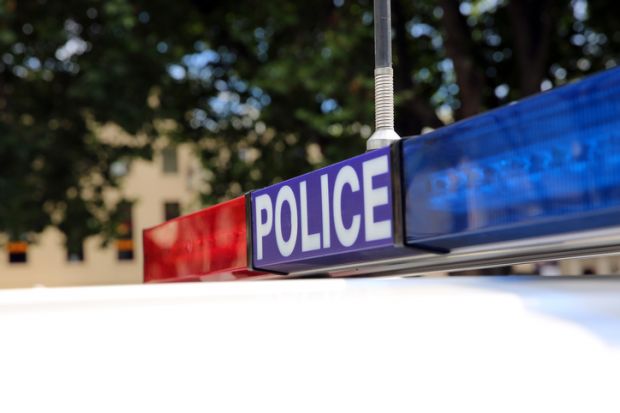All of Australia's universities have confirmed that they will publicly release data about sexual assault and harassment on their campuses by the middle of the year.
The collective decision by 39 vice-chancellors follows criticism of plans to withhold the number of assaults recorded at each institution from the public results of a survey of students on the issue, The Australian reported.
Universities Australia, the sector’s representative body, secured the commitment from its members on 5 April in what Barney Glover, the group’s chair and vice-chancellor of Western Sydney University, called “an incredibly important step”.
The survey canvassed the opinions of 39,000 students and also received 2,000 submissions from people who had suffered sexual assault or harassment at university. It was conducted by the Australian Human Rights Commission.
Universities Australia chief executive Belinda Robinson said the commissioning of the survey reflected vice-chancellors’ commitment and determination to address and prevent sexual assault and harassment.
“It should come as no surprise that all universities will release their institutional data,” Ms Robinson said. “University leaders wanted the survey to guide further improvements in how to prevent and respond to sexual assault and harassment, and support survivors. Sexual violence is a community-wide problem and university leaders are stepping up to the challenge.”
Individual university data will be released at the same time as the national report, which the commission said would be ready by the middle of the year.




